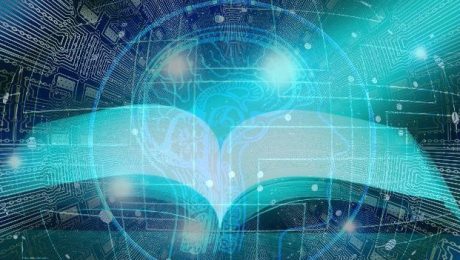What Is Empathy And Why Is It Important?
What is empathy? Learning to read and understand people's states of mind, picking up their subtle emotions, and balancing a proper balanced response is a pathway of both emotional resilience and kindness. This is a short learning video about the role of empathy and how can it become a strength that enables us to go beyond our perspectives, acknowledge the struggles of others, and treat them with appreciation.



